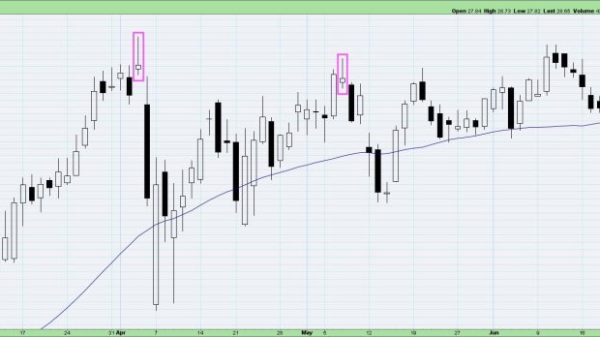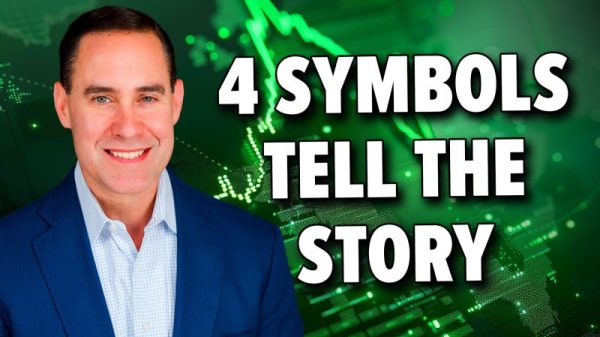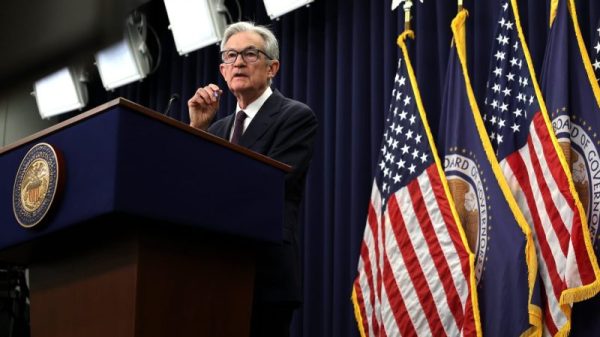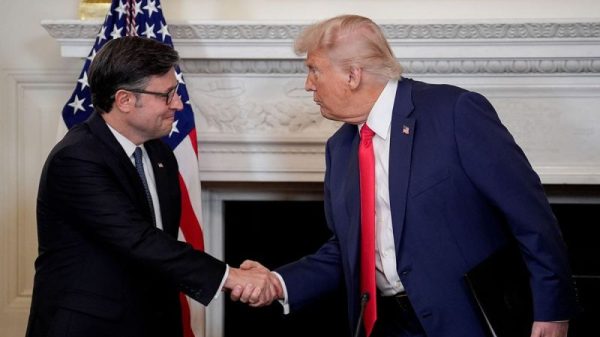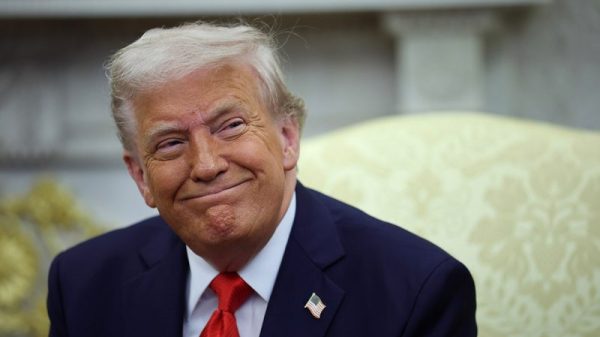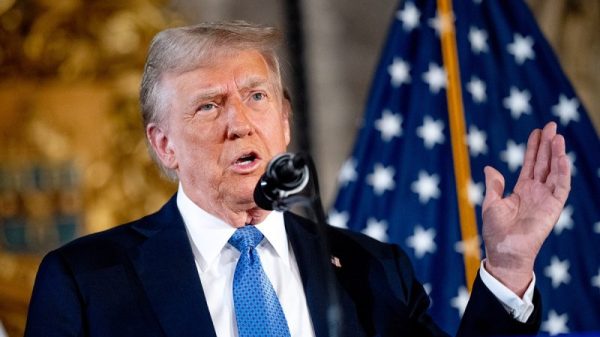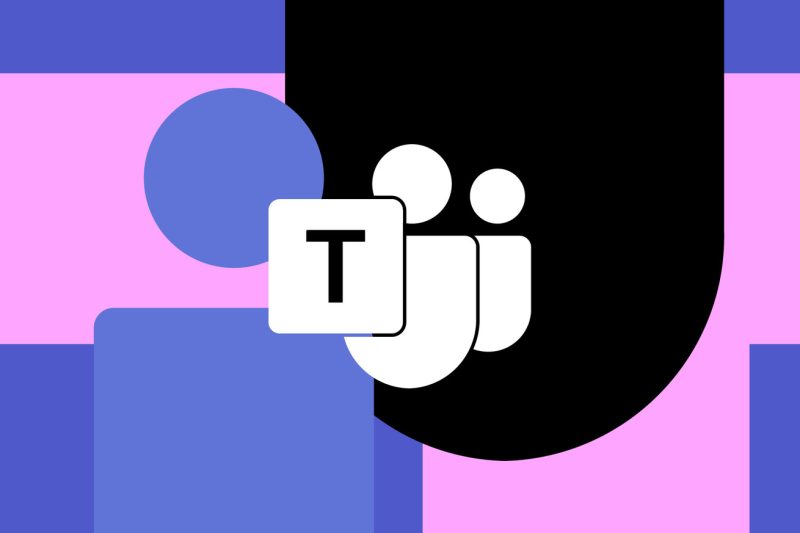In a recent turn of events, Microsoft finds itself in the hot seat as the European Union has charged the tech giant with antitrust violations related to its bundling of the Teams platform with its existing products. The EU competition enforcer asserts that by pre-installing Microsoft Teams on Windows devices, the company is engaging in unfair practices that stifle competition and limit consumer choice. This development marks another chapter in the ongoing battle between regulators and big tech companies over monopolistic behavior in the digital age.
At the core of the EU’s antitrust case is the issue of bundling – a strategy commonly employed by tech companies to increase the adoption of their products and services. Microsoft’s decision to include Teams, its workplace collaboration tool, in the default software package of Windows devices has raised concerns about the company leveraging its dominance in one market to gain an unfair advantage in another. By making it more convenient for users to access Teams, Microsoft may be inhibiting rival companies from effectively competing in the same space.
The bundling of software products is a contentious issue that has been the subject of previous antitrust battles involving prominent tech firms. Historically, regulators have scrutinized companies like Microsoft, Google, and Apple for allegedly using their market power to promote their own services at the expense of competitors. The EU’s move to charge Microsoft with antitrust violations represents a continuation of this trend, signaling a renewed focus on curbing anti-competitive practices in the tech industry.
The case against Microsoft is a reminder of the complex dynamics at play in the digital economy, where tech giants wield immense power and influence over consumers and competitors alike. As these companies continue to expand their reach and diversify their offerings, regulators are faced with the challenge of maintaining a level playing field that fosters innovation and protects consumer interests. By holding Microsoft accountable for its bundling practices, the EU is sending a strong signal that it will not tolerate anti-competitive behavior that threatens fair competition in the marketplace.
Looking ahead, the outcome of the EU’s antitrust case against Microsoft will have far-reaching implications for the tech industry as a whole. If found guilty, Microsoft could face hefty fines and be forced to change its business practices to comply with EU competition rules. Additionally, a ruling against Microsoft could embolden other regulators around the world to take a closer look at the bundling strategies employed by tech companies, leading to increased scrutiny and potential legal challenges in the future.
In conclusion, the EU’s decision to charge Microsoft with antitrust violations for bundling Teams with its products underscores the ongoing battle to promote competition and innovation in the digital economy. As tech companies continue to push the boundaries of what is possible in the realm of technology, regulators must remain vigilant in enforcing antitrust laws to ensure a level playing field for all players. The outcome of this case will undoubtedly shape the future landscape of competition in the tech industry and set a precedent for how companies can balance innovation with fair market practices.


